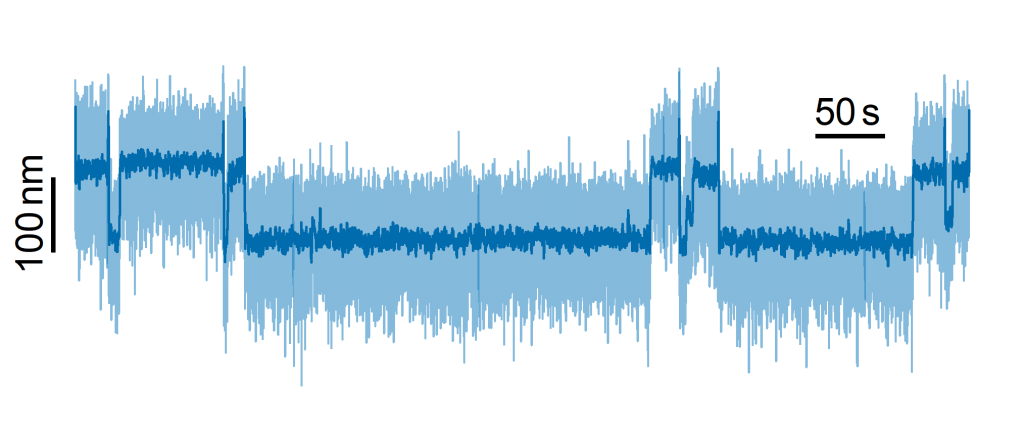PhD position in “Silicified DNA-nanostructures as versatile tool for the self-assembly of conducting nanomaterials”
The Molecular Biophysics group offers a PhD position within the DFG-funded Research Training Group 2767 „Supracolloidal Structures: From Materials to Optical and Electronic Devices“ of TU Dresden. Aim of this graduate school is to train a team of PhD students to design, fabricate and apply materials for a new generation of optical and electronic devices. Both the student training as well as the research are run in a close interdisciplinary collaboration between the participating PhD students and their groups.

The objective of the project is to use 3-dimensional DNA nanostructure templates to synthesize and arrange metallic and semiconducting materials to form electronic nanodevices with designed properties. To overcome current challenges in the DNA-based assembly process nanoscale silicification shall be applied in order to achieve higher self-assembly yields as well as new type of devices.
Please see the full announcement of the position here:
RTG2767_PhDposition_SilicifiedDNAnanostructures
We always welcome applications from motivated students/researchers. Our two main topics of research are:
DNA templated nanofabrication

Advances in DNA nanotechnology (e.g. the origami method) allow to fabricate large 3D DNA objects with atomic precision in a „cooking pot“ reaction. Our interest is to make use of these methodologies to selfassemble „hard-matter“ materials into nanoelectronic devices in a highly parallelized manner. Hereby the DNA structure provides the template for material deposition. Aim of this project is to fabricate and characterize functional structures combining different materials.
We are looking for excellent applicants with interest in DNA nanotechnology and nanoelectronics/-photonics. A background in physics/physical chemistry/ nanotechnology is desirable but more important are the interest in material design and synthesis, motivation, analytical skills and strong commitment.
Single-molecule biophysics

Cellular processes are driven by complex biomolecular machines. We are focusing on deciphering the mechanisms of such systems using and developing new, sensitive methods that allow to study a single molecule at a time. In the framework of an ERC funded project we search for colleagues joining our efforts on DNA repair as well as CRISPR-Cas enzymes using correlative force & fluorescence spectroscopy, highly parallelized single molecule measurements and live cell experiments.